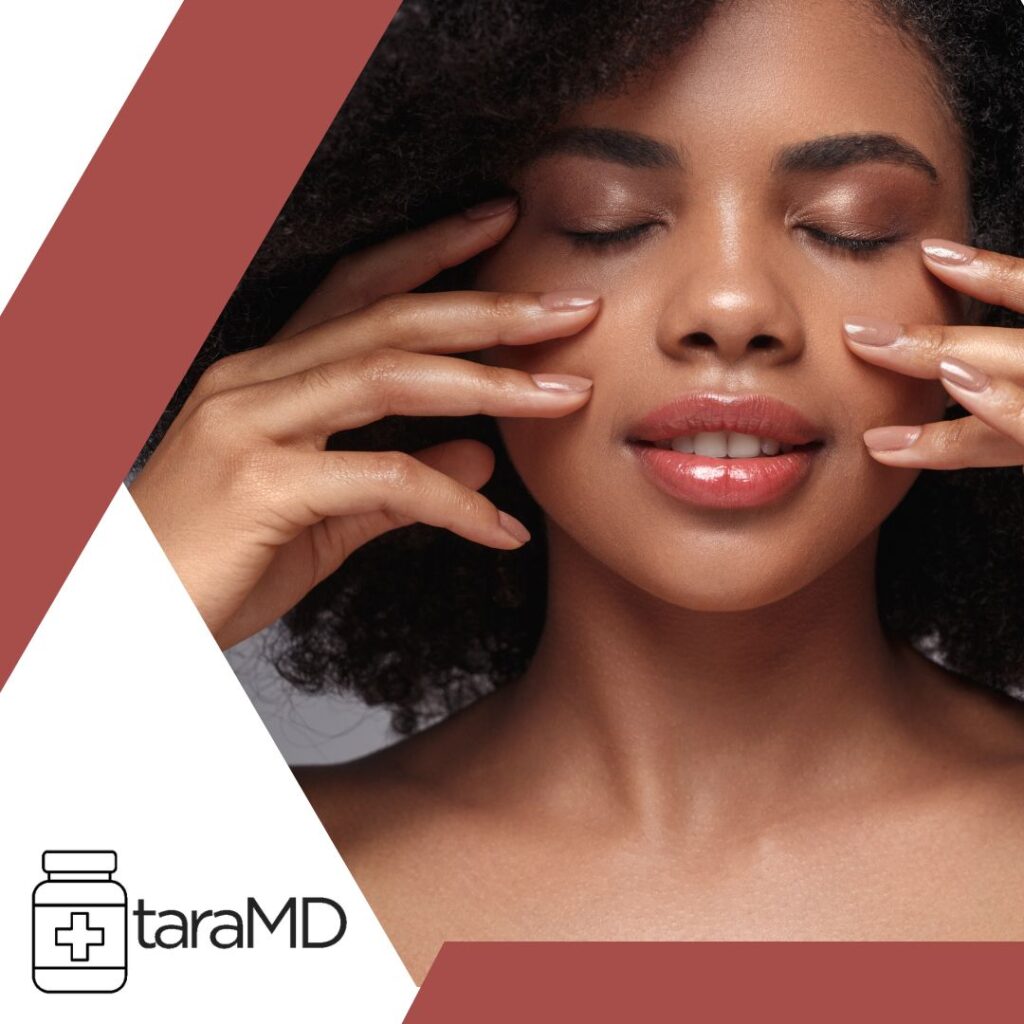Acne is one of the most common skin conditions, affecting millions of people worldwide. Whether you’re a teenager experiencing your first breakouts or an adult dealing with persistent acne, finding the right skincare routine can be challenging. With so many products on the market, it can be overwhelming to know which ones are truly effective. The good news is that with the right skincare approach, acne can be managed, and the skin can be kept clear and healthy. In this article, we’ll explore what works for acne-prone skin and how to build an effective skincare routine that helps reduce breakouts.
1. Understanding Acne and Its Causes
Acne occurs when hair follicles become clogged with oil, dead skin cells, and bacteria. It typically appears as pimples, blackheads, or cysts, and can be caused by various factors, including:
- Excess Oil Production: Overactive sebaceous glands produce more oil (sebum) than the skin needs, leading to clogged pores.
- Hormonal Changes: Fluctuations in hormones, especially during puberty, menstruation, pregnancy, or stress, can trigger acne.
- Bacteria: Propionibacterium acnes is a bacteria that naturally lives on the skin but can multiply and cause inflammation when pores are clogged.
- Diet and Lifestyle: Certain foods and lifestyle factors, such as stress, lack of sleep, or excessive dairy intake, can contribute to acne flare-ups.
2. Key Skincare Steps for Acne-Prone Skin
Managing acne requires a skincare routine that addresses these key causes without irritating the skin. Here are the steps that really work for acne-prone skin:
- Cleansing: Cleansing twice a day is essential for removing excess oil, dirt, and makeup. Look for a gentle, non-comedogenic (won’t clog pores) cleanser. Avoid harsh scrubs, as they can irritate the skin and worsen acne. Gel-based cleansers with ingredients like salicylic acid can help exfoliate and clear pores.
- Exfoliating: Exfoliation helps remove dead skin cells that can contribute to clogged pores. However, it’s important not to over-exfoliate. Products with salicylic acid (a BHA) or glycolic acid (an AHA) are effective for acne-prone skin as they penetrate the pores and help to clear them out.
- Treating Breakouts: Active ingredients like benzoyl peroxide, salicylic acid, and retinoids are key for treating acne. Benzoyl peroxide kills acne-causing bacteria, while salicylic acid unclogs pores. Retinoids, such as adapalene, speed up cell turnover and prevent pores from becoming clogged.
- Moisturizing: Even oily skin needs moisture. Look for lightweight, oil-free moisturizers labeled “non-comedogenic.” This helps maintain the skin’s moisture balance without contributing to excess oil or breakouts.
- Sun Protection: Sunscreen is crucial, even if you have acne-prone skin. Many acne treatments, especially retinoids, make the skin more sensitive to the sun. Choose a non-comedogenic sunscreen with at least SPF 30 to protect your skin from harmful UV rays.
3. What to Avoid for Acne-Prone Skin
While it’s important to know what works for acne-prone skin, it’s equally essential to avoid certain products and practices:
- Harsh Scrubs: Avoid physical exfoliants with large, rough particles that can damage the skin and worsen acne.
- Heavy Creams and Oils: Thick moisturizers and oils can clog pores and exacerbate acne. Stick to lightweight, non-comedogenic products.
- Picking at Pimples: Picking or popping pimples can push bacteria deeper into the skin, leading to scarring and more breakouts.
- Over-cleansing: Cleansing your face too often or using harsh products can strip the skin of its natural oils, leading to irritation and an increase in oil production.
4. Additional Tips for Managing Acne
In addition to a proper skincare routine, here are some lifestyle adjustments that can help manage acne:
- Diet: Avoid foods high in sugar and dairy, which have been linked to acne flare-ups in some individuals. Focus on a balanced diet rich in fruits, vegetables, and whole grains.
- Stress Management: Stress can trigger acne flare-ups, so finding ways to manage stress through activities like exercise, meditation, or hobbies can benefit your skin.
- Sleep: Getting enough sleep is crucial for overall health and skin regeneration. Aim for 7-9 hours of quality sleep each night.
Consistency is Key for Acne Prevention
Skincare for acne-prone skin requires a consistent, well-rounded approach. By following a gentle skincare routine with effective products, avoiding irritants, and making a few lifestyle changes, you can significantly reduce acne and improve the overall appearance of your skin. Remember that results take time—acne treatments may not provide immediate results, so patience and consistency are essential. If over-the-counter products aren’t working or your acne is severe, consult a dermatologist for personalized treatments. With the right care, clear skin is within reach!
Read more:

